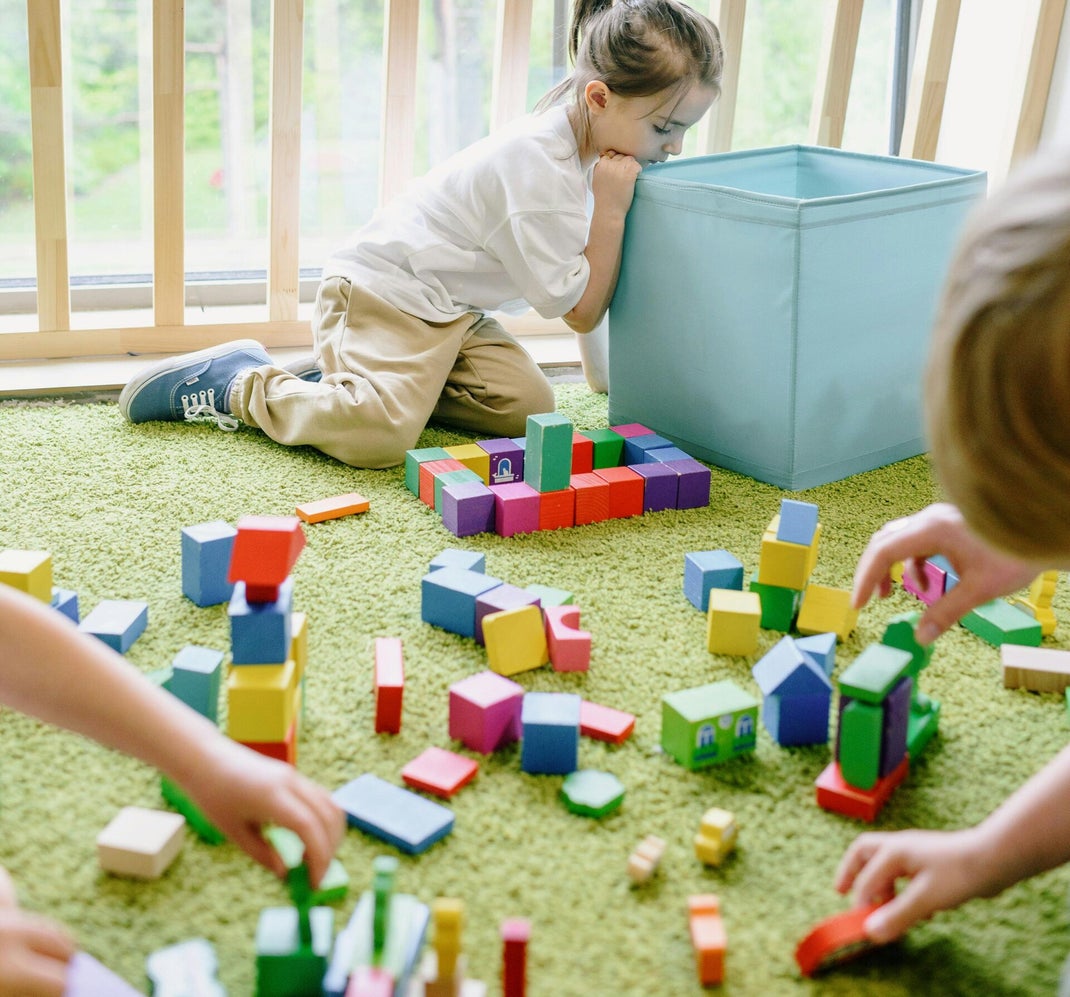Day 1: Establishing Relationships Through Play
Date: 03-06-2025
Room: Turtle Room (2–3 Years)
Focus: Building Secure Relationships and Engaging in Intentional Play-Based Interactions

Today is the first day of my professional experience placement in the Turtle Room (2–3 years), where I focused on building trusting relationships with children through play-based learning. Developing secure, respectful, and reciprocal relationships is a fundamental aspect of the Early Years Learning Framework V2.0 (EYLF) and is very important for supporting children’s wellbeing, identity, and learning (AGDE, 2022). I mainly focused on emotionally responsive interactions and child-led experiences, which helped to create a safe and nurturing environment aligned with Quality Area 5 of the National Quality Standard (NQS) with Element 5.1.1, which is positive educator to child interactions that is responsive and meaningful(ACECQA, 2020).
During the day, I sat at the same level as children and engaged in parallel play in the construction area, I interacted and described what they are doing using rich language like, “You’re stacking the blocks so high, Are you making a tower?” This can be linked to the EYLF V2.0 principle of intentional teaching, where educators actively promote learning through purposeful interactions (ADGE, 2022). This interaction supported Outcome 1: Children have a strong sense of identity, as I noticed some of the children begin to look for me later in the day which showed the evidence of developing secure attachment.
I used my approach of Attachment Theory, particularly Bowlby's concept of the "secure base" which states that children will explore their surroundings more when safety and emotional support are present. I was consistent and predictable in my responses to children's cues, seeking to offer verbal reassurances or maintain physical proximity when it was needed, especially during transitions when groups were new(Bowlby et al., 2018). Thus, I was supporting the child's right to feel secure according to the UN Convention on the Rights of the Child (UNCRC) Article 3, which states that the best interest of the child shall be the primary consideration in all actions relating to children(United Nations, 1989).
I also considered Bronfenbrenner's ecological systems theory that emphasizes the importance of responsive interactions in the child's microsystem; daily relationships with caregivers play a huge role in the emotional and cognitive development of a child(Dos et al., 2019). Parental responsiveness and support shown by me during play supported the child's positive disposition for learning, including curiosity, confidence, and persistence.
From a professional practice perspective, I was mindful to uphold the Early Childhood Australia (ECA) Code of Ethics by maintaining confidentiality, acting with compassion, and demonstrating respect for each child’s individuality and autonomy (ECA, 2016). I practiced the dimensions of professionalism through ethical conduct, reflective thinking, and collaboration with my mentor educator, asking for feedback on my interaction style and effectiveness in supporting the children’s transitions.
My practice also adhered to Education and Care Services National Regulation 155, which promotes positive guidance of behaviour and respectful relationships. I provided calm redirection and co-regulation strategies when one child became frustrated about sharing a toy, demonstrating my developing competency in Graduate Teaching Standard 4.3, which addresses managing challenging behaviour effectively and respectfully (AITSL, 2017).
In reflecting on today’s experience, I noted that children responded positively to the consistency and attentiveness in my presence. However, I recognise the importance of building this relational trust over time and with all children in the group. Moving forward, I plan to extend these interactions by documenting relational progress and integrating children’s interests into shared learning experiences.